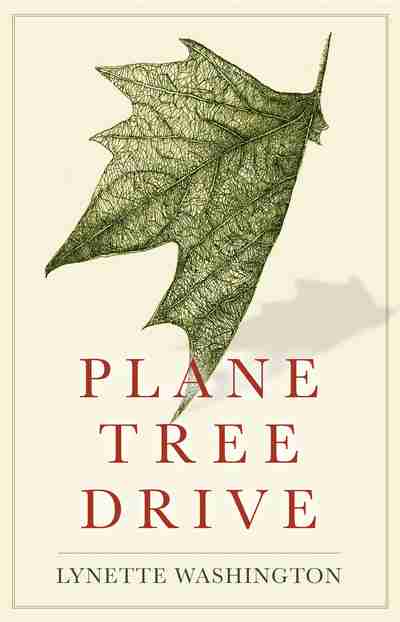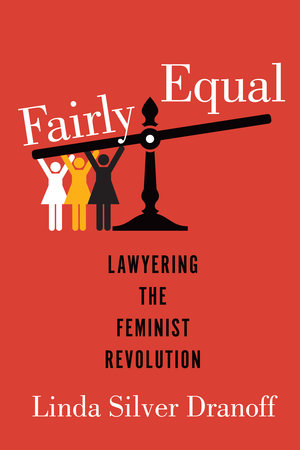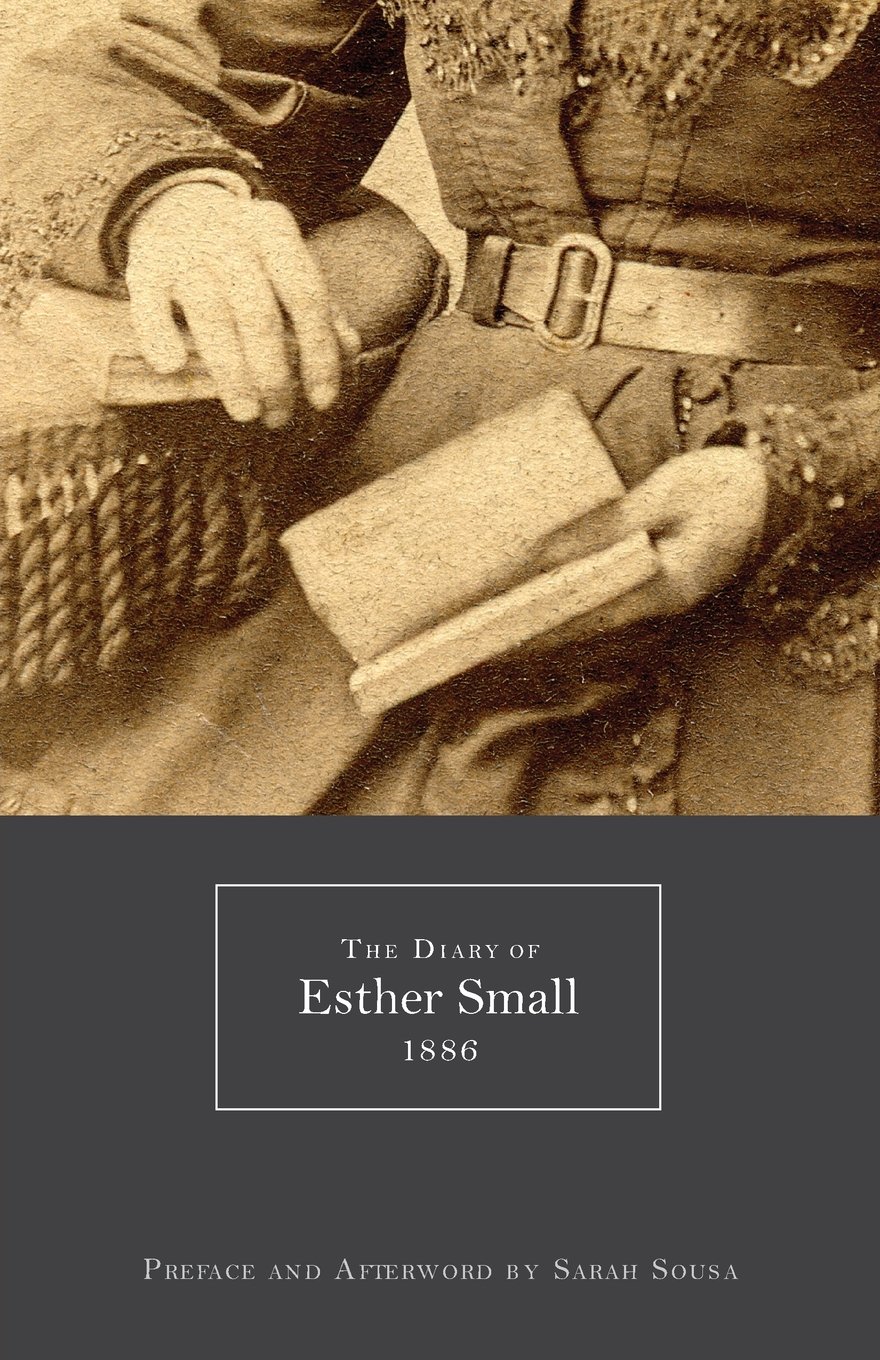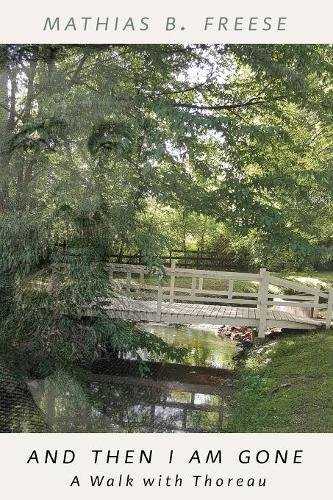 Lynette Washington is s-o-o-o-o-o good at this. She first prepares you with just the necessary brush strokes and then really delivers. All so clever, so unexpected, so unique and the more I read, the more I want. This is addictive reading at its best.
Lynette Washington is s-o-o-o-o-o good at this. She first prepares you with just the necessary brush strokes and then really delivers. All so clever, so unexpected, so unique and the more I read, the more I want. This is addictive reading at its best.
Spotlight on Faber & Sarah Menary
 Menary’s road to this prominent role with the Academy has been a long one, the provenance of which can be traced right back to Menary’s childhood where, as a child of seven or eight she already possessed a burning passion for writing and one that she largely kept hidden. ‘It was a very covert pleasure, because I didn’t get much validation at home for that, it was all about academic, getting a secure career, that sort of thing.’
Menary’s road to this prominent role with the Academy has been a long one, the provenance of which can be traced right back to Menary’s childhood where, as a child of seven or eight she already possessed a burning passion for writing and one that she largely kept hidden. ‘It was a very covert pleasure, because I didn’t get much validation at home for that, it was all about academic, getting a secure career, that sort of thing.’
A review of Fairly Equal: Lawyering the Feminist Revolution by Linda Silver Dranoff
 As part of the “second wave” women’s movement, Ms Silver Dranoff has helped elevate Canadian women from second class citizenship to a position that is “fairly equal” to men – although there is still more to be done.
As part of the “second wave” women’s movement, Ms Silver Dranoff has helped elevate Canadian women from second class citizenship to a position that is “fairly equal” to men – although there is still more to be done.
A review of The Diary of Esther Small 1886 edited and transcribed by Sarah Sousa
 Sousa was not simply intrigued. She was invested. She deciphered the entries, sleuthed the cemetery records and censuses, and extensively researched nineteenth century women’s diaries, as evidenced in her luminous afterword on the subject. Surpassing the role of transcriber of Small’s logbook, Sousa became conservator and steward of the archive of her daily life.
Sousa was not simply intrigued. She was invested. She deciphered the entries, sleuthed the cemetery records and censuses, and extensively researched nineteenth century women’s diaries, as evidenced in her luminous afterword on the subject. Surpassing the role of transcriber of Small’s logbook, Sousa became conservator and steward of the archive of her daily life.
A review of Kilted Yoga by Finlay Wilson
 Because the text is minimal and the pictures large, it’s easy to follow along, especially if you’ve done yoga before. It might be a little trickier for absolute beginners, although none of the poses are particularly complex. The book can also be used as inspiration, as a way of adding to an existing practice with a few new poses, meditations or visualisations. All in all, Kilted Yoga is a bonny wee resource to help anyone get the most out of a regular yoga practice.
Because the text is minimal and the pictures large, it’s easy to follow along, especially if you’ve done yoga before. It might be a little trickier for absolute beginners, although none of the poses are particularly complex. The book can also be used as inspiration, as a way of adding to an existing practice with a few new poses, meditations or visualisations. All in all, Kilted Yoga is a bonny wee resource to help anyone get the most out of a regular yoga practice.
A review of And Then I Am Gone by Mathias B Freese
 Not only do Freese and I concur on how a psychotherapist best engages with a client, but our approach to writing books also bisects. I too write to try to understand myself, indeed without outlines or a rigid plot structure. I daresay he would nod eagerly in understanding that your characters, given the chance, tell the story for you if you’ll listen to them, and in a more honest, exciting way.
Not only do Freese and I concur on how a psychotherapist best engages with a client, but our approach to writing books also bisects. I too write to try to understand myself, indeed without outlines or a rigid plot structure. I daresay he would nod eagerly in understanding that your characters, given the chance, tell the story for you if you’ll listen to them, and in a more honest, exciting way.
A review of Missing Christina by Meredith Whitford
 Whitford effortlessly interacts her characters along with their assorted baggage across many oceans and towards the inevitable discovery of their mother’s past. Along the way a realistic account is set within these families’ boundaries and excellently detailing every aspect of domestic interaction. But what about this secret? I’m not impatient, just tantalised and compelled to find out. Chapter 13 draws me into Whitford’s net and from now on my curiosity holds no limits as now the story darkens.
Whitford effortlessly interacts her characters along with their assorted baggage across many oceans and towards the inevitable discovery of their mother’s past. Along the way a realistic account is set within these families’ boundaries and excellently detailing every aspect of domestic interaction. But what about this secret? I’m not impatient, just tantalised and compelled to find out. Chapter 13 draws me into Whitford’s net and from now on my curiosity holds no limits as now the story darkens.
An interview with Lex Hirst
 Hirst enjoys the liaison aspect of her role, assisting to demystify much of what can be an opaque industry for authors while also finding burgeoning talent. ‘I think that it’s helpful and part of the reason I do go to events and chat to people, is to try and help people get an idea of who the publishing houses are here and how the system works and try to make that a bit clearer.’
Hirst enjoys the liaison aspect of her role, assisting to demystify much of what can be an opaque industry for authors while also finding burgeoning talent. ‘I think that it’s helpful and part of the reason I do go to events and chat to people, is to try and help people get an idea of who the publishing houses are here and how the system works and try to make that a bit clearer.’
A review of The Night The Penningtons Vanished by Marianna Huesler
 Discourse between the characters is credible, believable and plausible as the girls wrangle among themselves, tussle with Aunt Tallulah and seemingly snag setups, circumstances and explanations out of the air to describe what is happening. Heusler’s capability for portrayal, scene setting and elucidation serves her well, The reader is drawn right into settings: we see the frightening, feel the cold, and taste the bitterness. The storyline is well plotted, moves along from first pages to final paragraphs without problem, and culminates with a satisfying conclusion.
Discourse between the characters is credible, believable and plausible as the girls wrangle among themselves, tussle with Aunt Tallulah and seemingly snag setups, circumstances and explanations out of the air to describe what is happening. Heusler’s capability for portrayal, scene setting and elucidation serves her well, The reader is drawn right into settings: we see the frightening, feel the cold, and taste the bitterness. The storyline is well plotted, moves along from first pages to final paragraphs without problem, and culminates with a satisfying conclusion.
Interview with Carol Smallwood
 The author of In Hubble’s Shadow talks about her latest poetry book, the relationship between form and content, the value of poetry, her influences, advice for new writers, her work-in-progress, and lots more.
The author of In Hubble’s Shadow talks about her latest poetry book, the relationship between form and content, the value of poetry, her influences, advice for new writers, her work-in-progress, and lots more.